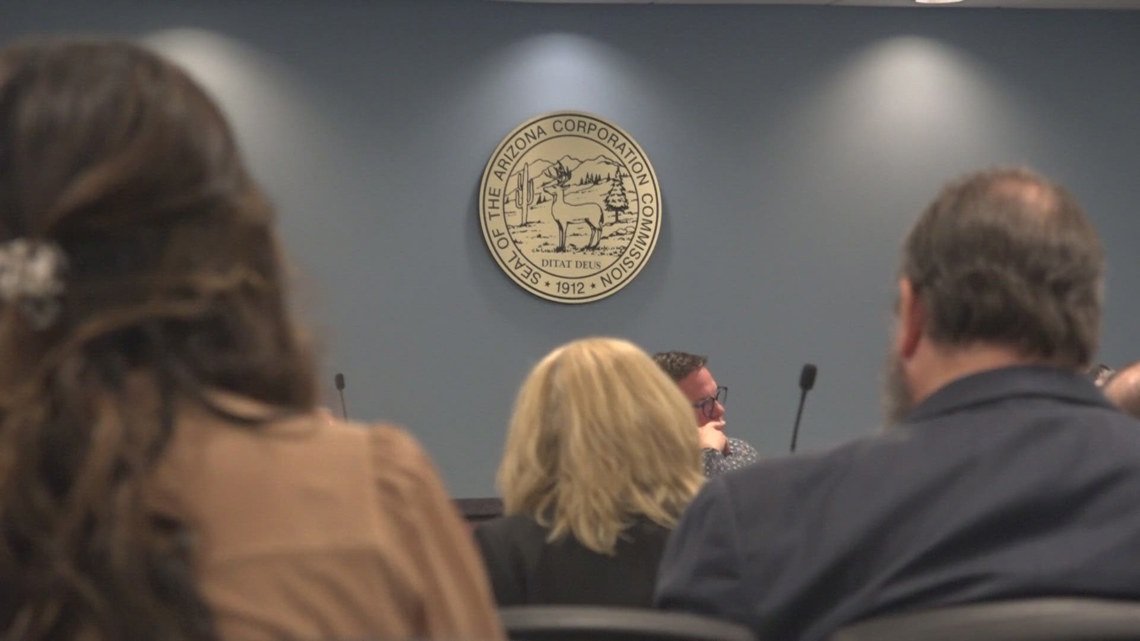Business
Energy Regulators Reassess Controversial APS Rooftop Solar Fee in Key Vote Tuesday

PHOENIX — On Tuesday, Arizona regulators are set to vote on a controversial “grid access charge” that affects APS rooftop solar owners. Initially approved earlier this year by a 4-1 Republican majority at the Arizona Corporation Commission, the fee is facing scrutiny from various stakeholders.
The charge, defended by APS as a means to ensure equitable costs among all customers, is estimated to add approximately $2-$3 per month to the bills of the state’s 182,000 rooftop solar owners. However, critics, including the Arizona Attorney General and renewable energy advocates, claim it unfairly penalizes solar users.
Opponents argue that the charge sends negative signals to homeowners considering solar. Kate Bowman, Regulatory Director of Vote Solar Action Fund, highlighted the adverse timing given the rising energy costs and higher interest rates. “It’s just chipping away at the economics of installing rooftop solar,” she stated, expressing concern over the message of potential shifting regulations for solar investments.
The administrative law judge overseeing the rate case supported the fee as a necessity for maintaining grid infrastructure, asserting that rooftop solar customers were paying less than the utility’s cost to serve them. However, Bowman contends the findings from APS’s “Cost of Service” study are flawed. “We don’t agree with the findings of the study,” she said. “Unfortunately, this commission chose not to fully re-examine the study.”
APS defends its position, arguing that the intermittency of solar production necessitates a stable grid. Jill Hanks, a spokesperson for APS, claimed that solar owners are shifting costs to non-solar customers, thereby increasing their bills. Yet, the Attorney General’s Office challenged this assertion, noting that rooftop solar contributes to systemic cost reductions during peak demand periods.
Economist Richard McCann emphasized that APS has failed to justify the differences in costs to serve solar versus non-solar customers. He pointed out the lack of actual data to support APS’s claims, describing its argument as based on hypothetical costs.
Despite the claims of discouraging solar investments, Hanks maintains that the Grid Access Charge aims for fairness and supports customers interested in environmentally friendly energy solutions. APS claims to provide resources for installing solar on its website.













![Trestle Management Vice President Marc Vasquez speaks to Rancho Mirage residents during an HOA meeting on March 31, 2025. [Monica D. Spencer]](https://arizonanews.org/wp-content/uploads/2025/04/Rancho-Mirage-Homeowners-Regain-Stability-Yet-One-Crucial-Element-Lingers-80x80.jpg)




